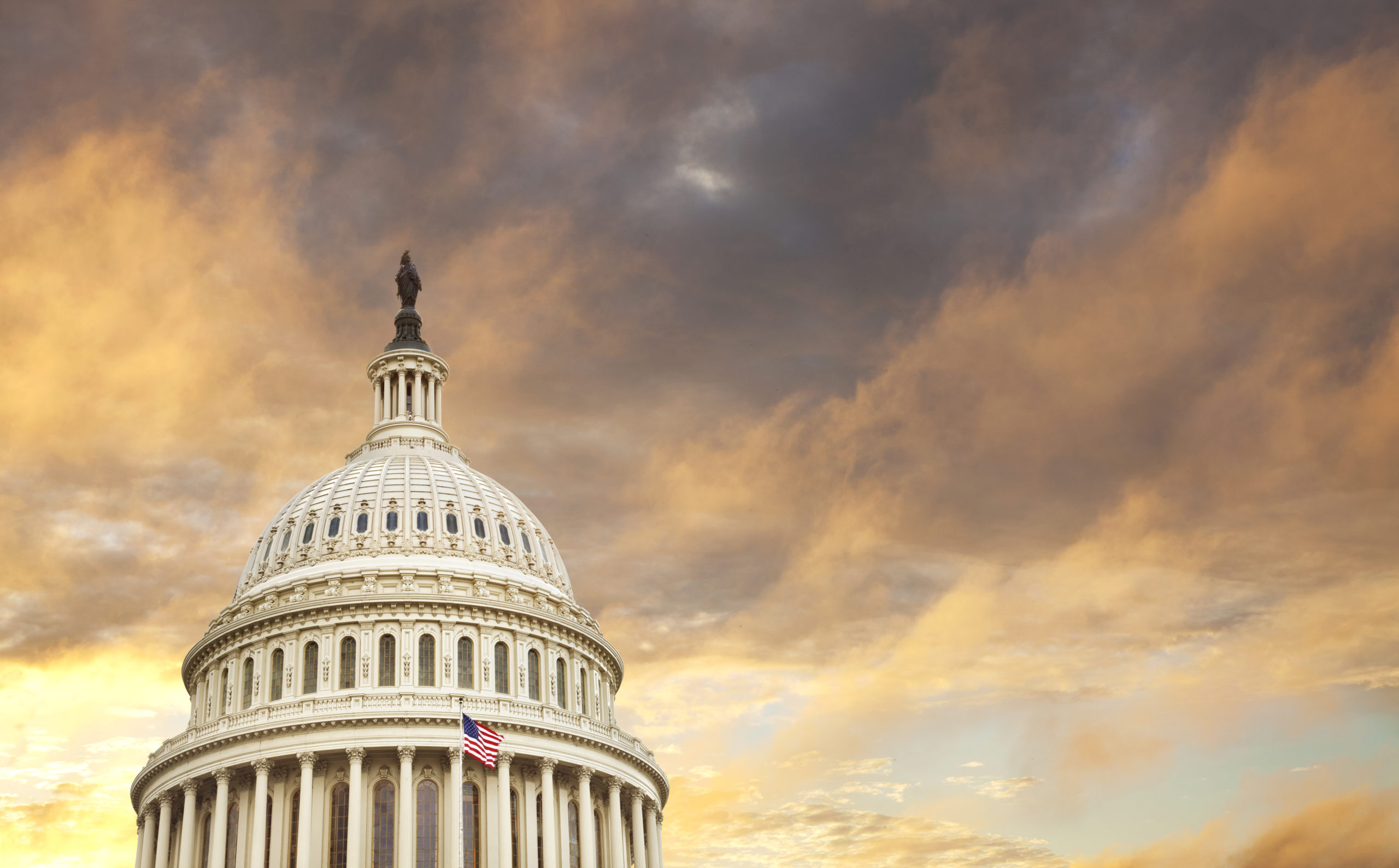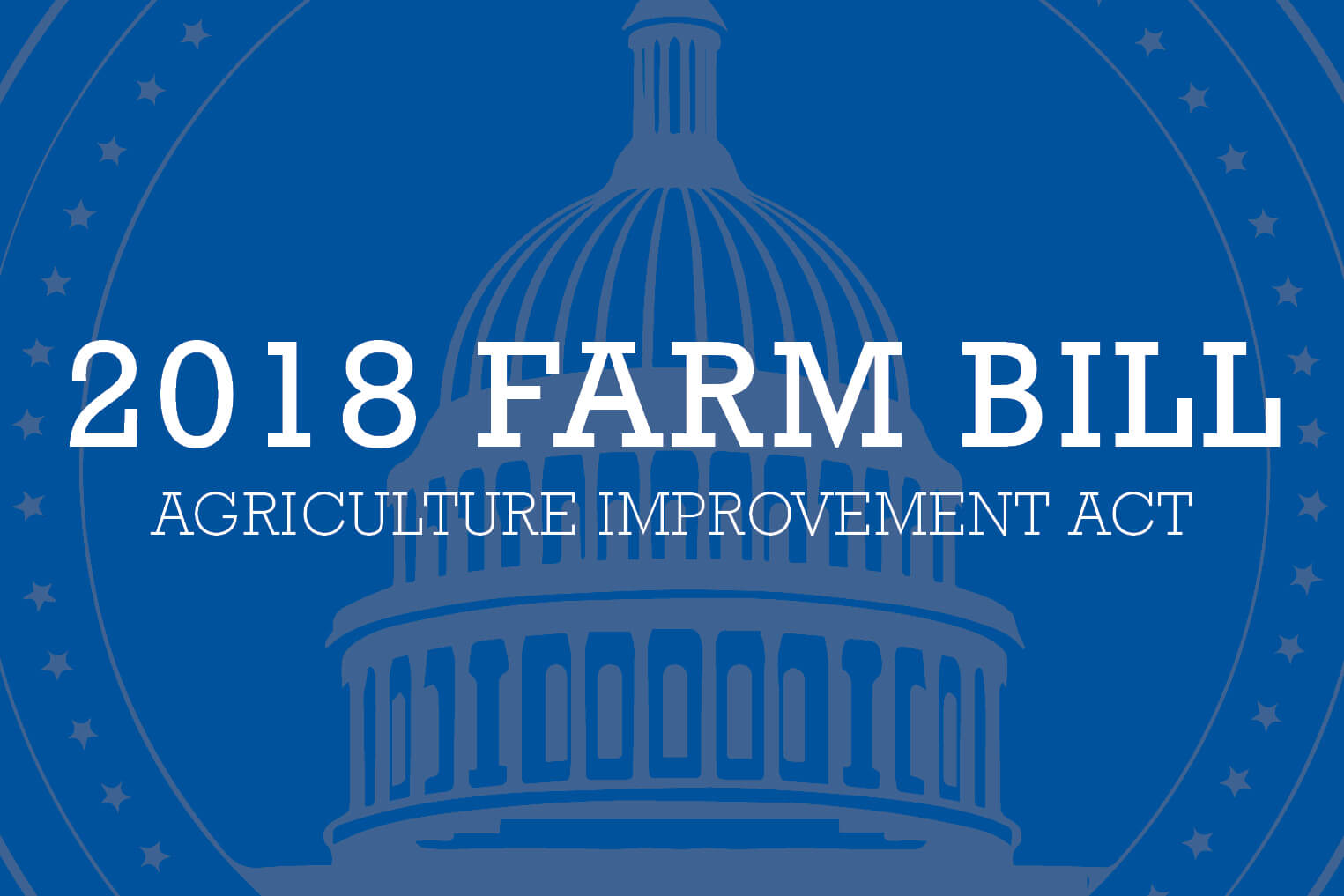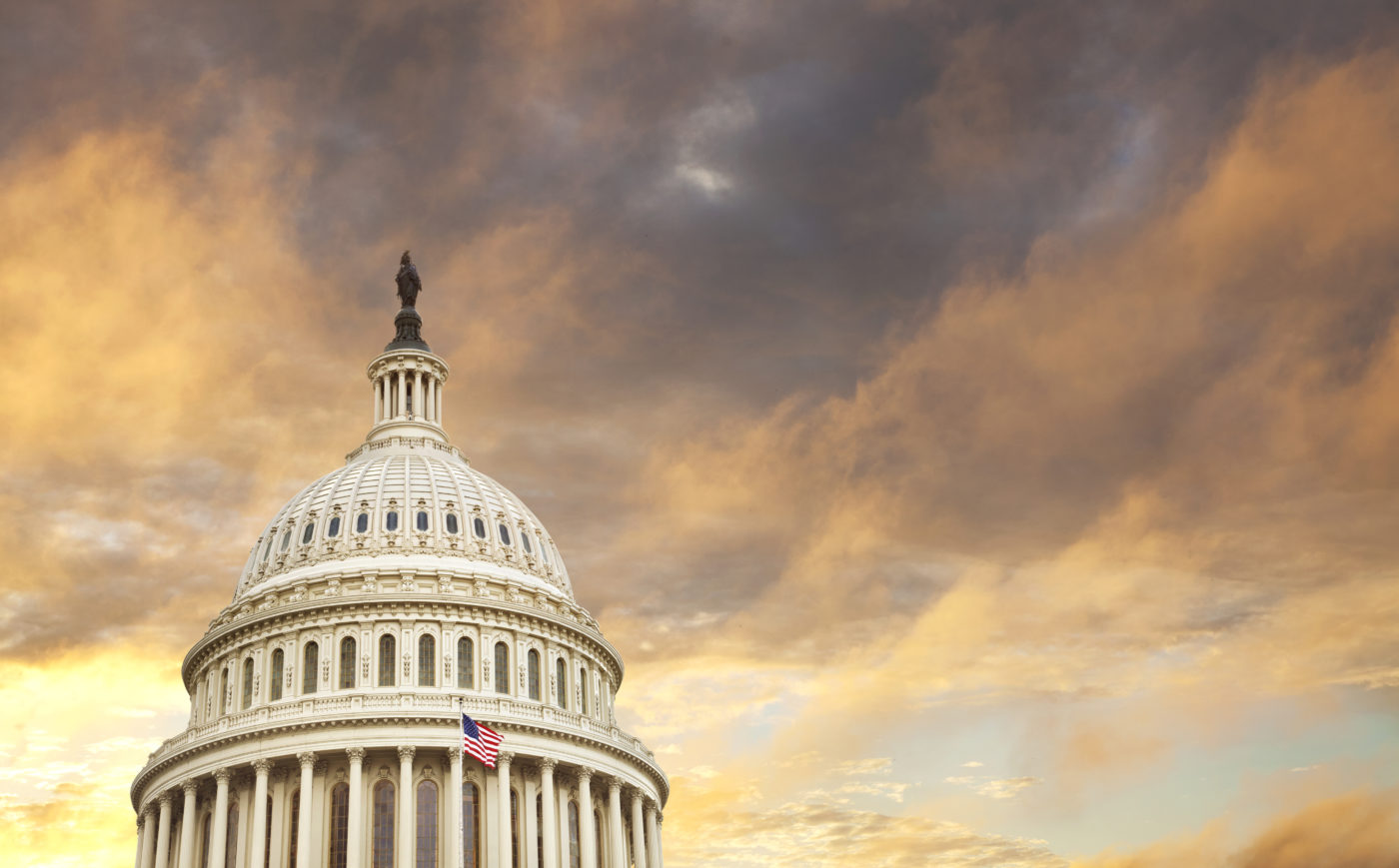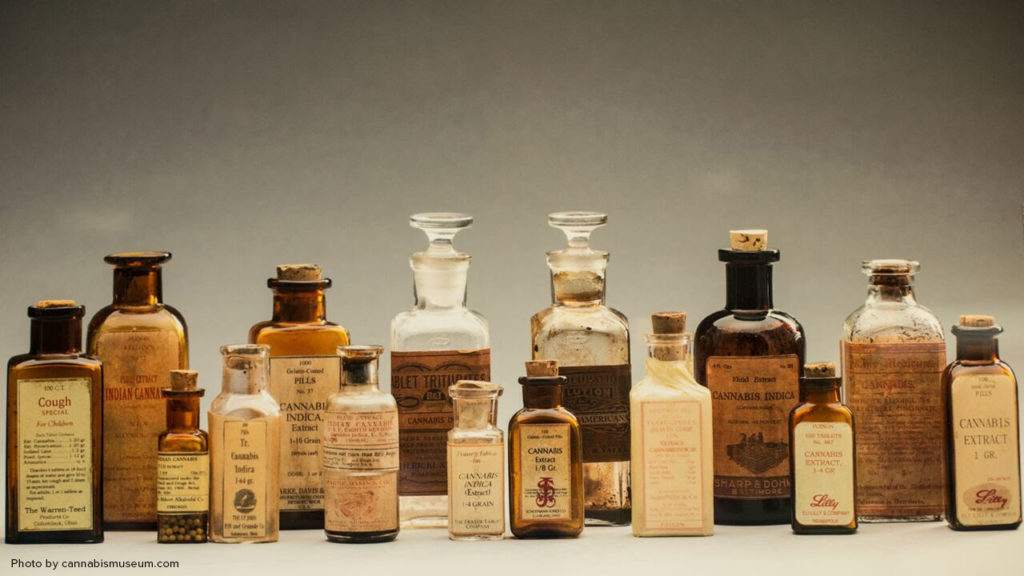
State Regulatory Overview & Federal Factors
June 3, 2020

Our post this week is brought to you by guest blogger Joy Beckerman, an expert in hemp law and regulations and the new Director of Regulatory and Legal Affairs at Zilis. Joy’s overview of the different States’ regulatory guidelines and contributing Federal factors helps shed light upon how the industry is moving forward and what the industry leaders are doing to ensure access across the country.
As a preliminary matter, it’s key to understand that just because a Federal law is passed to either partially or fully legalize something, it doesn’t mean that it automatically becomes legal in all 50 States. Under the U.S. Constitution, each of our 50 states wield and maintain political powers held for its own State government rather than Federal government. This is why we see a patchwork of laws and their corresponding regulations across the 50 States on a spectrum of issues.
2014 Farm Bill
After decades of advocacy by dedicated grassroots activists and heroic professionals and legislators who later joined the hemp revolution, a short but significant provision titled, “Legitimacy of Industrial Hemp Research” within the Agricultural Act of 2014 (2014 Farm Bill) was passed; and the amazing hemp crop began to re-establish itself under agricultural pilot programs to study the growth, cultivation, and marketing of industrial hemp in States that enacted laws allowing the cultivation of hemp. The 2014 Farm Bill also defined industrial hemp for the first time in U.S. history, thereby distinguishing it from its Cannabis cousin commonly known as marijuana.
While the 2014 Farm Bill’s introductory words clearly stated, “In General–notwithstanding the Controlled Substances Act…” 1 —meaning not subject to the Controlled Substances Act—the U.S. Drug Enforcement Administration (DEA) held and publicized the erroneous position for the next four years that hemp extract and cannabinoids derived from hemp were still controlled substances.
The hemp industry was ultimately forced to file a lawsuit against the DEA in the Ninth Circuit Court of Appeals to prove that no part of the hemp plant sown under the provisions of the 2014 Farm Bill, including hemp’s derivatives, extracts, and cannabinoids, were controlled substances. Yet, due to the DEA’s messaging, many States were hesitant to embrace the safe and legal opportunities provided by the agricultural pilot program pathway.

2018 Farm Bill
Learning from all this confusion, hemp industry advocacy organizations and Federal legislators began to carefully and strategically draft expanded hemp provisions in the Agriculture Improvement Act of 2018 (2018 Farm Bill), which was enacted on January 1, 2019. The three most relevant provisions of what we’re seeing among the 50 States’ permissions and regulation—or lack thereof, as the case may be—are as follows:2
- Hemp and tetrahydrocannabinols derived from hemp were unequivocally removed from the Controlled Substances Act;
- The definition of “hemp” was expanded for total clarity by specifically stating, “The term ‘hemp’ means the plant Cannabis sativa and any part of that plant, including the seeds thereof and all derivatives, extracts, cannabinoids, isomers, acids, salts, and salts of isomers, whether growing or not, with a delta-9 tetrahydrocannabinol concentration of not more than 0.3 percent on a dry weight basis.” (Emphasis added.); and
- Nothing in the Bill affects or modifies the Federal Food, Drug, and Cosmetic Act.

The final point about the Federal Food, Drug and Cosmetic Act is important for the hemp industry with regard to dietary supplements and food additives. Within the Federal Food, Drug, and Cosmetic Act, a provision commonly referred to as the “Investigational New Drug (IND) Preclusion,” states that if an article has been authorized for investigation for which substantial clinical investigations have been instituted, and made public, then products containing that substance are precluded from the definition of a “dietary supplement” unless it was marketed as a dietary supplement or as a conventional food before new drug investigations were authorized.3
What does this mean? A great example is the use of cannabidiol (CBD) in the approved drug EPIDIOLEX®. Cannabidiol was submitted as an IND, with substantial clinical investigations made public, and it is currently being debated as to whether CBD can be considered a dietary supplement because no evidence has thus far been identified to demonstrate that CBD was marketed as a dietary supplement before being used in clinical trials to treat specific childhood epilepsy disorders. Regardless of such evidence, this same statute also grants authority to the U.S. Food & Drug Administration (FDA) to override this restriction and simply issue a regulation allowing a substance to be marketed as a dietary supplement that would otherwise be prohibited under the IND Preclusion. The IND Preclusion only applies to dietary supplements and foods and does not apply to cosmetics, thus cosmetics containing CBD are not affected.
The Market
Despite the ongoing debate, the CBD dietary supplement and food markets have grown to such an extent that the Gallup Poll reported in August of 2019 that one in seven [or 14% of] Americans is using a CBD product of some kind.4 This has occurred because the FDA’s statements concerning the debate amount only to a guidance position at this point. The FDA’s guidance position has never been determined by the courts to be valid, and is neither final, nor legally binding since no final agency actions or determinations have been issued on the subject. In fact, FDA Commissioner Stephen Hahn recently stated during his address at the National Association of State Departments of Agriculture’s 2020 Winter Policy Conference, “People are using these [CBD] products. We’re not going to be able to say, ‘You can’t use these products,’ because…even if you did, it’s a fool’s game to even try to approach that.”5
The hemp industry coalition has been lobbying the FDA to use its overriding authority to allow CBD products to be marketed as dietary supplements and added to food. It has also been providing guidance and safety data to assist the FDA in creating a regulatory framework for quality assurance oversight of hemp processing. The coalition has also been lobbying Congress to mandate these actions, and there is much encouraging movement in these regards.
Challenges Today
In the meantime, and until the FDA formally acts, a mishmash of State laws and regulations govern CBD, with some States only allowing cosmetic CBD products to be sold, and others still not allowing any CBD products to be sold. Conversely, certain States allow all CBD products to be sold with virtually no oversight, while yet others are taking quality assurance into their own hands by creating laws and regulations allowing the sale of all or certain CBD products that are produced in accordance with various testing, labeling, and good manufacturing practices. Some States even have onerous product registration requirements that apply to both in-State and out-of-State manufacturers and distributors.
For the States that do have labeling requirements, these requirements often differ from State to State, making it impossible for national CBD industry leaders to print a single label that complies with all of the various State labeling mandates. One State even requires language that is very similar to, but differs from, FDA-required labeling language, making it impossible to print a label for that State that complies with both State and Federal law.
Yet hemp and its cannabinoids are legal again because we put one foot in front of the other and continue marching this plant down the field. Most State authorities greatly support the CBD industry and do not enforce excessively burdensome requirements. All will eventually come around right and one day we’ll look back on how this critical body of law and regulation unfolded with humor. Stay the course and engage in the process!
Join us next week as Joy Beckerman offers more insights on the 2018 Farm Bill.
[1] Agricultural Act of 2014; H.R. 2642; Pub.L. 113–79, also known as the 2014 Farm Bill
[2] Agriculture Improvement Act of 2018; S. 3042; Pub.L 115-334, also known as the 2018 Farm Bill
[3] §201(ff)(3)(B) of the Federal Food, Drug, and Cosmetic Act [21 U.S.C. § 321(ff)(3)(B)]
[4] Jones, J., Saad, L. (2019) Gallup Poll, June 19-July 12, 2019 CBD Consumption Habits [data set] Random sample—2,543—American adults in all 50 states and the District of Columbia. Retrieved from news.gallup.com
[5] YouTube, “FDA Commissioner Hahn makes first public comments on CBD”
About Zilis’ Scientific Research & Development Department
Our Scientific Research and Development Department is headed up by Dr. Marielle Weintraub, a hemp industry expert. She holds a master’s and a PhD in Behavioral Neuroscience and is very active in many dietary supplement and hemp industry trade associations, including her role as the current President of the U.S. Hemp Authority. Dr. Weintraub is committed to the continued development of hemp-specific information and testing to fulfill the Zilis mission.
Science posts for Discover are co-researched and co-written by Kelly McGill, Senior Scientific Technical Writer at Zilis. Kelly holds a bachelor’s degree in English and a master’s in Linguistics / TESL. She has been writing science-related content for over 20 years and is an expert in making difficult concepts easy to understand.
Zilis is the creator of UltraCell™, a CBD oil product derived from hemp. Based in Argyle, Texas, a suburb of Dallas-Fort Worth, Zilis is privately held. Visit zilis.com for more information.
SHARE THIS POST
ABOUT THIS BLOG
Discover : The blog with the lifestyle, nutrition, science, and history of the hemp industry.
It’s your go-to for the most up-to-date information on hemp, CBD, dietary supplements, and more! Check it out!







